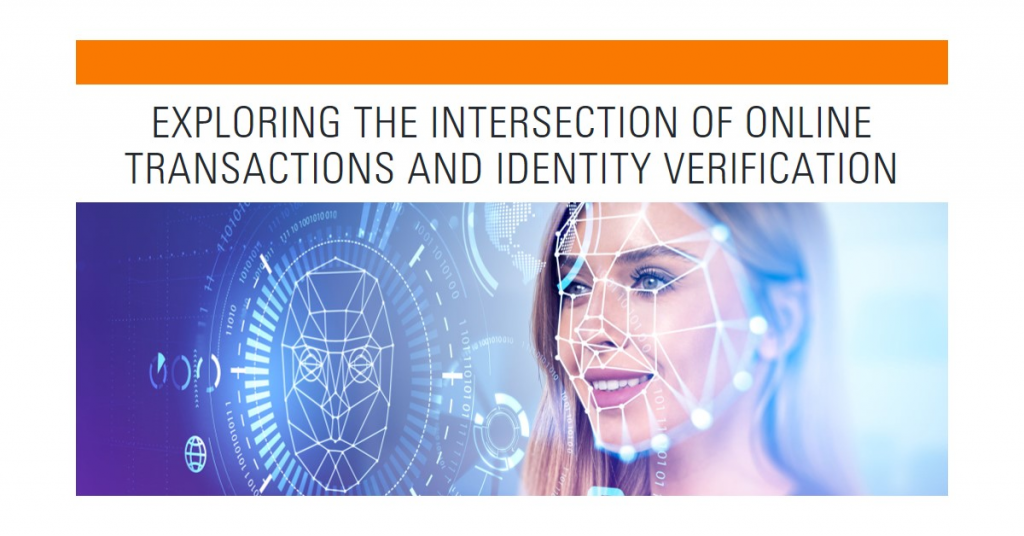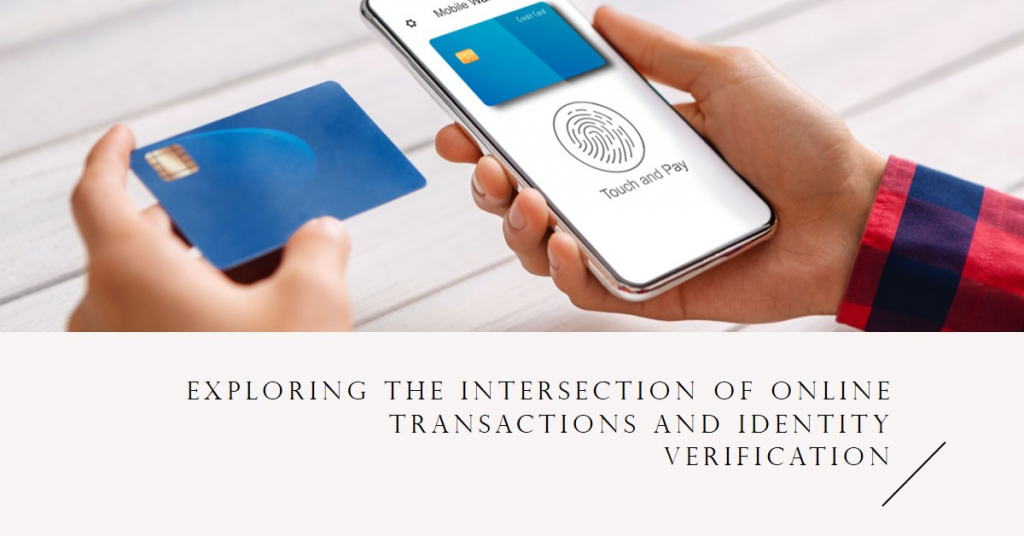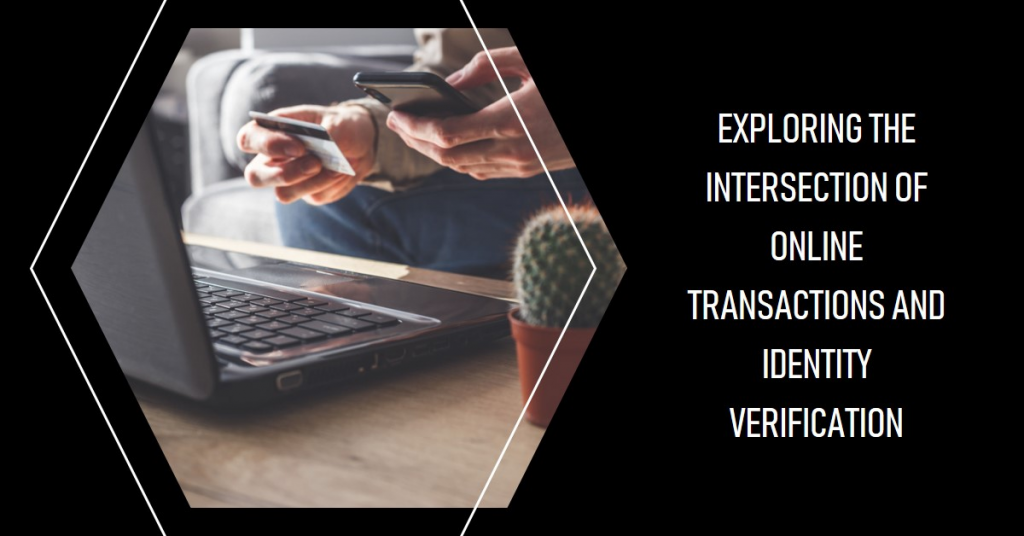Cryptocurrency and online identity

Cryptocurrency and online identity are two concepts that are closely related and have a significant impact on the modern digital landscape.
In this blog post, we will explore the intersection of these two concepts and delve into the ways in which they are shaping the future of online transactions and identity verification.
Cryptocurrency: A Brief Overview
Before we delve into the topic of online identity and cryptocurrency, let’s first take a quick look at what cryptocurrency is and how it works.
Cryptocurrency is a digital or virtual currency that uses cryptography for secure financial transactions.
It is decentralized, meaning it is not controlled by any central authority or government. Instead, it relies on a network of computers, known as nodes, to verify and record transactions on a public ledger called a blockchain.
One of the most well-known cryptocurrencies is Bitcoin, which was created in 2009. Since then, hundreds of other cryptocurrencies, such as Ethereum, Litecoin, and Monero, have emerged.
Each of these cryptocurrencies operates on its own blockchain and has its own unique features and uses.
The Connection Between Cryptocurrency and Online Identity

Now that we have a basic understanding of cryptocurrency, let’s examine the connection between cryptocurrency and online identity.
One of the main benefits of cryptocurrency is that it allows for anonymous transactions.
Unlike traditional financial transactions, which are typically linked to a person’s name and personal information, cryptocurrency transactions are only linked to a string of numbers and letters known as a “wallet address.”
This wallet address serves as a pseudonym for the user and allows them to remain anonymous while conducting financial transactions.
However, while cryptocurrency transactions may be anonymous, they are not necessarily private.
All transactions on a blockchain are publicly recorded and can be traced back to the wallet address associated with them.
This means that while the identity of the person behind the wallet address may not be known, the transactions themselves are transparent and can be examined by anyone.
The Importance of Online Identity in Cryptocurrency

So, if cryptocurrency transactions are anonymous, why is online identity important in the world of cryptocurrency?
One reason is that online identity is often required for various non-transactional purposes, such as accessing certain websites or participating in ICOs (Initial Coin Offerings).
In these cases, users may be required to provide personal information, such as their name, email address, and sometimes even a government-issued ID, in order to participate.
Another reason is that online identity can help to increase trust and credibility in the cryptocurrency world.
For example, when making a large cryptocurrency transaction, a buyer may want to verify the identity of the seller before proceeding.
This can help to mitigate the risk of fraud or scams and make the transaction process smoother and more secure.
Examples of Online Identity in Cryptocurrency
Now that we’ve established the importance of online identity in the world of cryptocurrency, let’s take a look at some examples of how it is used in practice.
One example is the use of “Know Your Customer” (KYC) procedures in the cryptocurrency industry.
KYC is a process in which a business verifies the identity of its clients and assesses their potential risks for money laundering or financing terrorism.
In the cryptocurrency world, exchanges and other businesses may use KYC procedures to ensure that their customers are who they claim to be and to comply with relevant regulations.
Another example is the use of decentralized identity protocols.
These protocols allow users to create and manage their own digital identity without relying on a central authority.
One such protocol is the Ethereum-based ERC-725, which allows users to create a “smart identity contract” that contains all of their relevant personal information.
This information can then be used to verify their identity for various purposes, such as accessing certain websites or participating in ICOs.
Decentralized identity protocols offer a number of benefits over traditional identity verification methods.
For one, they allow users to have greater control over their personal information and who has access to it.
They also reduce the risk of identity theft, as the user’s personal information is stored on the blockchain rather than in a centralized database that could potentially be hacked.
Challenges and Opportunities for Cryptocurrency and Online Identity
While cryptocurrency and online identity offer many benefits and opportunities, they also present their own set of challenges.
One challenge is the issue of scalability. As more and more people start using cryptocurrency and decentralized identity protocols, it becomes increasingly difficult for the network to process and verify all of the transactions and identities in a timely manner.
This can lead to slow transaction times and high fees.
Another challenge is the lack of regulatory clarity surrounding cryptocurrency and online identity.
Many countries have yet to establish clear regulations regarding the use of cryptocurrency and decentralized identity protocols, which can create uncertainty and risk for businesses and individuals.
Despite these challenges, there is no denying the potential of cryptocurrency and online identity to revolutionize the way we conduct financial transactions and verify our identities online.
As technology and infrastructure continue to develop, we can expect to see these concepts play an increasingly important role in our daily lives.
Conclusion
In conclusion, cryptocurrency and online identity are two concepts that are closely intertwined and have the potential to greatly impact the way we conduct financial transactions and verify our identities online.
While there are challenges to be overcome, the benefits and opportunities offered by these technologies are undeniable.
As we move into the future, we can expect to see cryptocurrency and online identity continue to play a significant role in the digital landscape.







